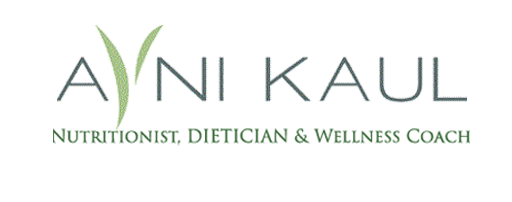Trendy diets have always been part of the wellness world. From the grapefruit diet to the keto diet, people have been modifying their eating habits for weight loss for years. One of the newer diets is the egg diet, which, as the name suggests, involves incorporating eggs into your meals.
Delhi’s leading weight loss dietician, Avni Kaul, shares what the egg diet entails, the foods allowed with it, and whether it is worth trying.

What is an egg diet?
Unlike diets with strict guidelines, the egg diet lacks a formal plan and comes in various versions with different levels of restrictions. However, regardless of the version followed, eating at least one egg per day is a common requirement.
The most restrictive version is the “egg only” diet, which permits only eggs for meals and snacks. There are also more lenient versions that incorporate one daily egg into a low-calorie, low-carb, high-protein eating plan, restricting snacks, processed foods, and calorie-containing beverages.
Egg diet food list
Since the egg diet lacks a standardized version, it is impossible to provide a comprehensive list of “allowed” foods apart from eggs. The “egg only” version permits only eggs. However, for those following less restrictive versions, such as the Boiled Egg Diet, other foods may be included.
These can include lean meats, nonstarchy vegetables, lower-carbohydrate fruits, fats and oils, herbs, and spices. Foods with added sugar, grains, starchy foods, higher-carb fruits, and ultra-processed foods are generally not allowed on this diet.
Is the egg diet safe?
As with any diet, there are both advantages and disadvantages of following the egg diet. Let us explore some of the key pros and cons of this particular diet approach.

What are the advantages of the egg diet?
The egg diet promotes the consumption of nutrient-dense eggs, which are rich in protein, healthy fats, vitamin B12, choline, and vitamin D. These nutrients offer various benefits such as improved hair and skin health, enhanced vision, and increased satiety. The American Heart Association advises that consuming an egg per day is acceptable within a heart-healthy dietary pattern, and older adults can safely consume up to two eggs per day.
Additionally, the egg diet may contribute to weight loss due to its emphasis on low-carbohydrate and high-protein meals. Although there is limited scientific research supporting this connection, some anecdotal reports suggest positive weight-loss outcomes from following the egg diet.
What are the disadvantages of an egg diet?
Long-term compliance with the egg diet can be challenging due to its highly restrictive nature. Even the more lenient versions of the diet require avoiding nutritious foods like starchy vegetables, fruits, and grains. Diets that restrict entire food groups are notoriously difficult to sustain over time.
There is a risk of nutritional gaps when following the egg diet. While the diet does include nutrient-dense foods, such as eggs, and some versions allow for the consumption of vegetables and non-starchy fruits, eliminating entire food groups can lead to deficiencies.
A systematic review highlighted that carbohydrate-restricted diets were associated with significant reductions in the intake of essential nutrients like thiamine, folate, magnesium, calcium, iron, and iodine.
The egg diet may not be suitable for everyone. Its low-carbohydrate, high-protein approach, along with the elimination of grains and restrictions on snacking, may not be the optimal choice for certain individuals.
For example, research has shown that following a low-carbohydrate diet with restricted carbohydrate intake before pregnancy can increase the risk of having an infant with conditions such as anencephaly or spina bifida by 30%. This may be attributed to inadequate folate intake, which is essential for proper cell growth and development.
Should you try an egg diet?
The egg diet, particularly the restrictive “egg only” version, is considered unsafe when followed for a long period of time and is unlikely to be recommended by healthcare professionals. However, incorporating eggs into a balanced and nutrient-dense eating pattern that includes all food groups can be a healthy choice.
Research indicates that moderate egg consumption, up to one egg per day, is associated with a lower risk of cardiovascular disease, as highlighted in a study published in the journal Heart. Furthermore, data published in the British Journal of Nutrition suggests that regular egg intake may contribute to improved cognition in adults.




